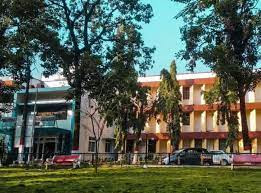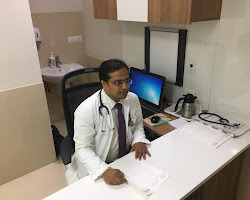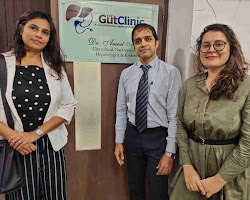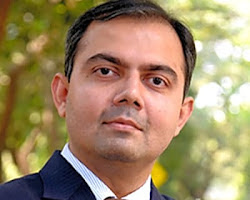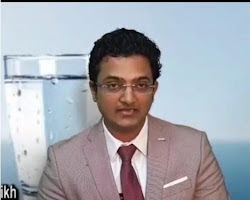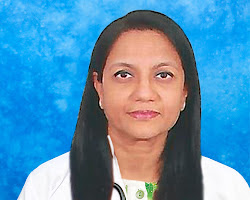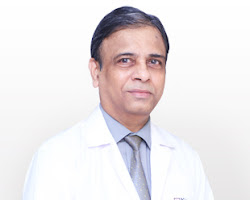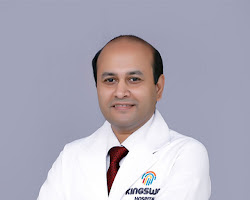Wishing Quotes for Good Health Tips on Parents Day 2023
Table of Contents
Introduction
Parents Day is a unique celebration meant to recognize and thank parents for their unwavering love, sacrifices, and leadership. It is crucial that we demonstrate our love and concern for our parents' well-being as we observe Parents Day in 2023. Sharing uplifting quotations that encourage happiness and health is one of the greatest methods to convey our wishes on this special day. This post will give you a collection of motivational sayings and helpful wellness advice to make this Parents Day special and health-focused for your cherished parents.
The Significance of Parents Day
Parents Day, observed on the fourth Sunday of July, is a celebration of the invaluable role parents play in shaping our lives. It's an opportunity to show your appreciation and affection for their selfless service and sacrifices. We not only commemorate our parents on this wonderful day, but we also wish them health and happiness.
Wishing Quotes for Good Health on Parents' Day
Quotes About Love and Care
"To the two guiding stars of my life, thank you for your endless love and care. May you both be blessed with good health and joy on this Parent's Day."
"In your warm embrace, I find comfort and strength. Wishing you both a healthy and happy Parents Day!"
Quotes Encouraging a Healthy Lifestyle
"To the best parents in the world, your well-being means everything to me. May you stay healthy and keep shining like the stars you are. Happy Parents Day!"
"As we celebrate Parents Day, let's remember to embrace a healthy lifestyle together. Here's to good health, Mom and Dad!"
Quotes Emphasizing Mental Well-being
"Your smiles brighten our lives, and your happiness means the world to us. May this Parents Day bring you peace and good mental health."
"To my incredible parents, your well-being is my priority. Take time for self-care and enjoy the beauty of life. Happy Parents Day!"
Health Tips for Parents
Encourage Regular Exercise
It's important to engage in regular exercise to keep your body healthy. Encourage your parents to take up hobbies they enjoy, like yoga, dancing, or walking. Exercise improves mood and relieves stress in addition to keeping the body in shape.
Encourage a Balanced Diet
Healthy living is based on eating a balanced diet. Promote a healthy diet for your parents by serving them a range of fruits, vegetables, whole grains, and lean proteins. For their health, it's also crucial to stay hydrated and stay away from processed foods and foods with a lot of sugar.
Stress Reduction Methods
Encourage your parents to practise stress-reduction practises like deep breathing exercises, meditation, or time spent in nature. Effective stress management can improve a person's physical and mental health.
Regular health examinations
For the early detection and prevention of health disorders, routine health examinations are essential. Encourage your parents to visit their doctor on a regular basis to monitor their health and address any issues as soon as they arise.
The Importance of Gratitude for Happiness and Health
Gratitude expression has a significant impact on one's physical and mental health. Not only does it deepen our relationship with our parents when we take the time to express our gratitude for all they do, but it also enhances their pleasure and overall health.
Conclusion
On Parent's Day, we have the chance to express our love, gratitude, and well wishes for our parents. We can make this Parents Day a genuinely meaningful and health-focused celebration by sharing encouraging quotations and adhering to essential health advice. Let's honour and take care of our parents every day, not just on this special day.
FAQs
Q: What is the significance of Parents Day?
A: Parents Day is a special occasion to honor and appreciate the selfless love and sacrifices of parents.
Q: How can I wish my parents good health on this day?
A: You can wish your parents good health by sharing loving quotes and expressing your gratitude for their presence in your life.
Q: Why is it essential to encourage a healthy lifestyle for parents?
A: A healthy lifestyle ensures better physical and mental well-being, allowing parents to enjoy life to the fullest.
Q: How can I support my parents' mental well-being?
A: Encourage your parents to practice stress management techniques like meditation and spending quality time with loved ones.
Q: What is the role of gratitude in maintaining good health?
A: Expressing gratitude positively impacts mental and physical health, fostering happiness and overall well-being.


